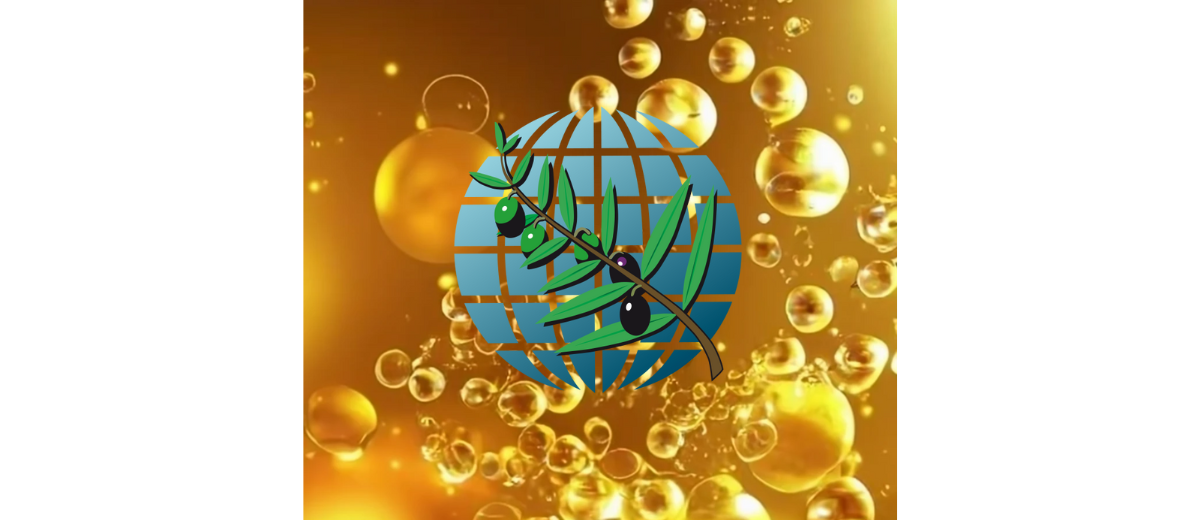The Organization has been invited to take part in round-table discussions on olive oil.
The IOC Executive Secretariat participated in the international Sol Verona Fair in Italy last April, aimed at providing a universal platform for producers to showcase their high-quality extra virgin olive oils (EVOO) and other premium agro-food products. The IOC’s Economy and Promotion and Standardization and Research Units were invited to participate in a series of discussions regarding olive oil.
On the occasion of the 28th international olive oil trade show, the IOC was represented by its Head of the Economy and Promotion Unit, María Juárez, who participated in a panel discussion in the inaugural conference on the topic of “The new geography of world olive oil: between production and consumption” (April 15th). Juárez took stock of the current situation of the olive oil market, analyzed the sector’s main challenges, such as those derived from climate change and the appearance of diseases like Xylella fastidiosa, and encouraged a comprehensive approach involving producers, exporters, government authorities and other relevant stakeholders to overcome these. Also participating at this round table were, among others, representatives from the Italian Ministry of Agricultural Policies and Food Sovereignty, the Tunisian National Agriculture Observatory and the Spanish Fundación del Olivar.

Also speaking for the IOC was Dr. Yousra Antit, Head of the Olive Oil Chemistry Department, who participated in the round table discussion on “The identity of EVOO is at risk” (April 16th). Antit – who shared the roundtable with other key speakers, including representatives of FOA Italy, Denominazione origine Italia and ICQRF – provided an overview of the IOC’s work, particularly in terms of standardization and research, and recalled the importance of the scientific discussions that result from the IOC’s diverse expert meetings. She emphasized that the expert groups, among other activities, follow established protocols to address out-of-standard parameters in genuine EVOOs, seeking to understand their anomalies and finding sustainable solutions that safeguard their authenticity. As examples, the Organization’s representative spoke about the IOC’s study on total and individual sterols, currently in its third and final year, as well as the ongoing analysis of multi-year data aimed at assessing the dimension of climate change on olive oil production.
Continuously updating parameters based on scientific evidence is a priority for the IOC, with the Executive Secretariat committed to finding scientifically rigorous solutions approved by experts.










